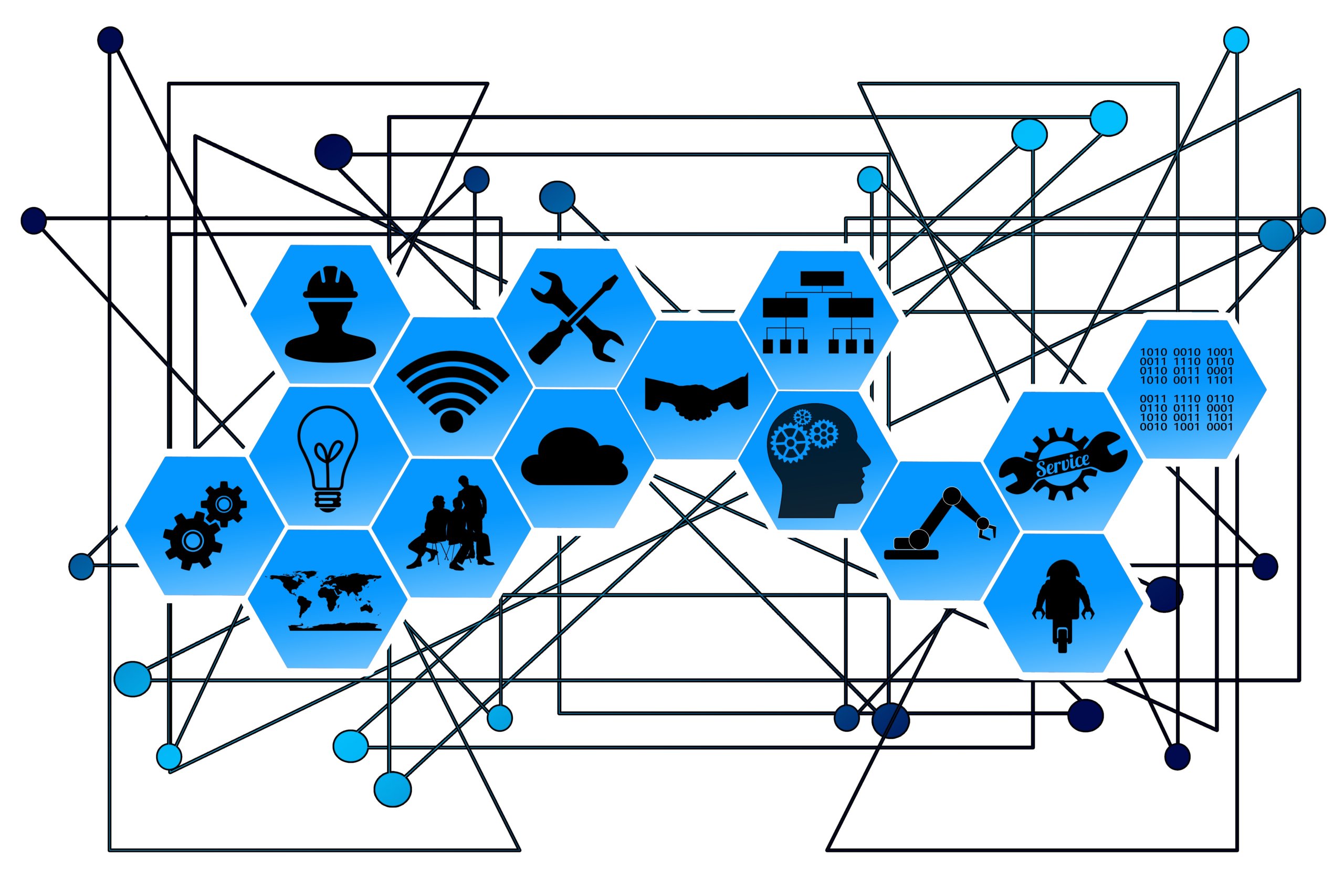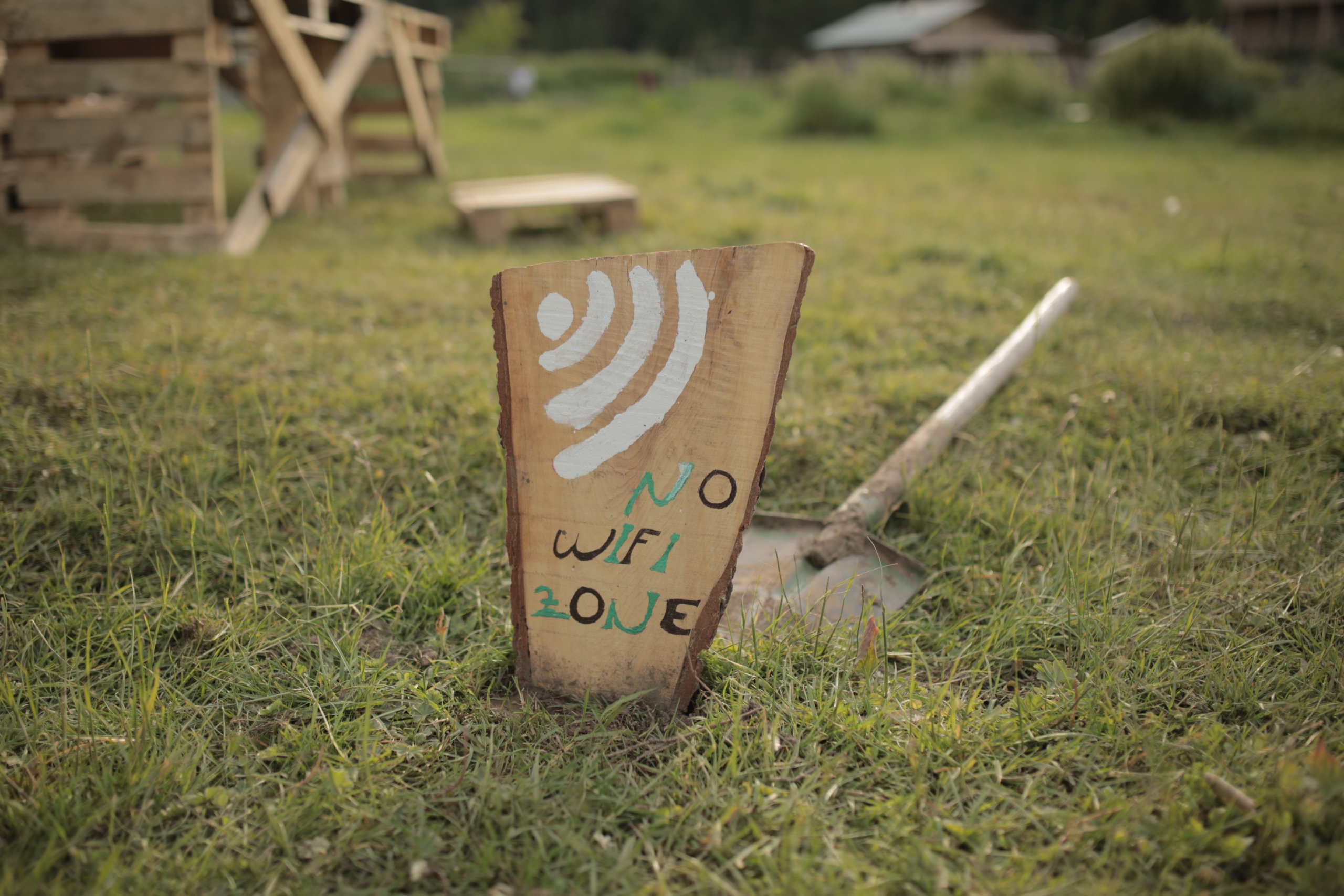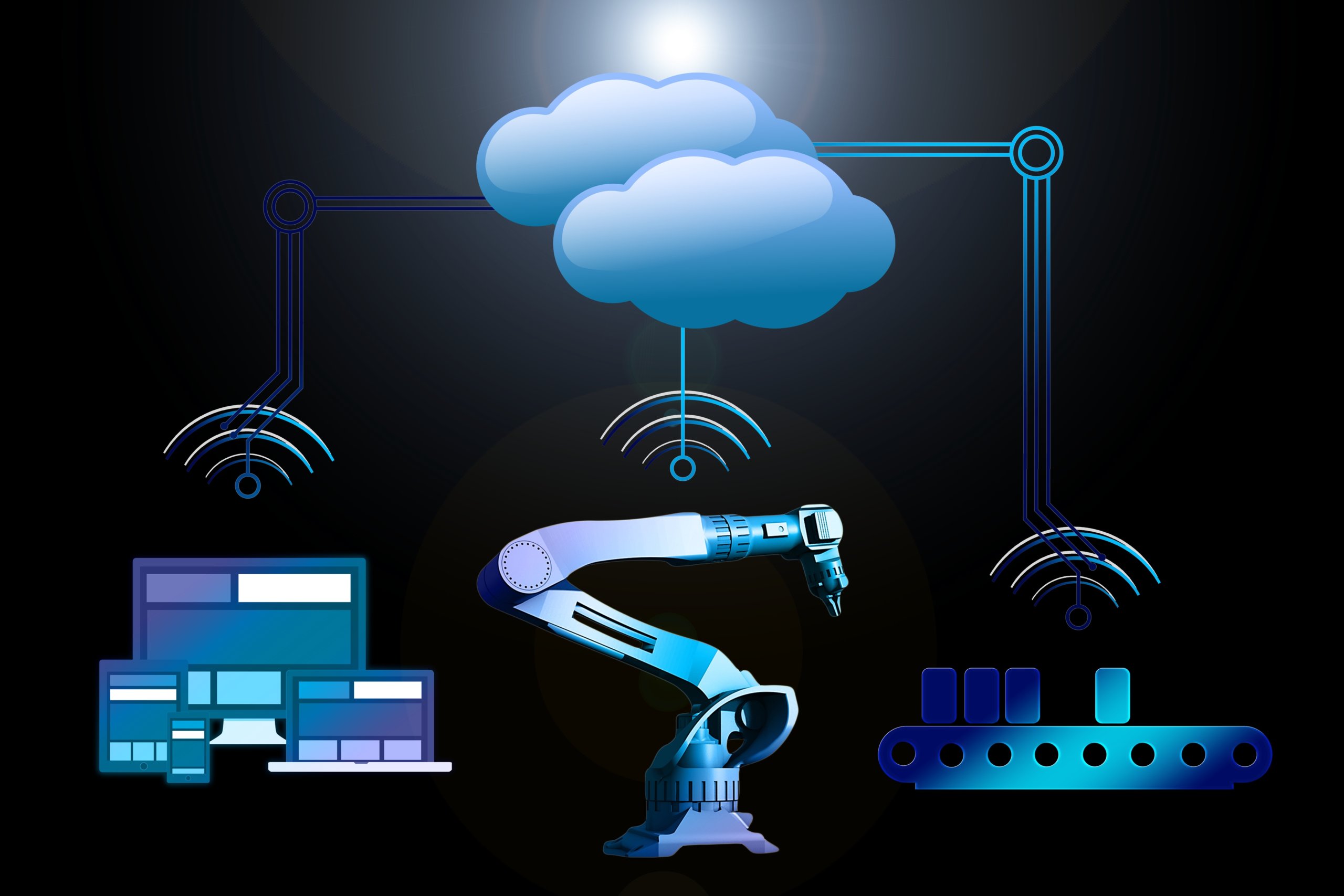
Each year, semiconductor and software company Arm hosts the Arm TechCon, a comprehensive event that covers the latest and greatest trends in technology. Held about an hour out from the San Francisco Bay Area, this year’s event was largely dominated by the Internet of Things (IoT).
We’ve put together a special two-part series to encapsulate all of the essential IoT highlights from Arm TechCon 2019. In our first entry, we delved into the need for a more human touch in IoT, how infrastructure will drive innovation forward in this field, and why AI will open up opportunities for smarter IoT devices. In case you missed it, you can read it here.
In this follow-up piece, we’ll explore why security, one of IoT’s biggest issues, must be solved in order for the technology to grow. We’ll also look at how advertising and entrepreneurship are being affected by IoT. Let’s get started!
In IoT We Trust?
Perhaps no other emerging technology is riddled with as many security and privacy problems as IoT. As the demand for innovation in this field surged over the past few years, cybersecurity took a backseat and has now fallen far behind in terms of quality.
According to numerous presenters at Arm TechCon, this will need to change if IoT is ever going to really take off with consumers. As concerns about personal data become louder in the public consciousness, trust is growing into a more integral component of technology. But due to high-profile hacks like Mirai Botnets, IoT is in a sorry state with regards to security.

To reverse these effects, Arm predicts that consumers will have to feel comfortable trusting IoT and tech companies to the same extent they trust medical professionals. Besides IoT’s past grievances, tech titans like Google and Facebook haven’t exactly been helping the situation with data and privacy concerns of their own. So achieving this objective is a tall order, to say the least.
As we discussed in part 1 of this series, Arm is rolling out “Project Cassini”, an initiative aimed at streamlining a consistent work experience for developers. A big part of Project Cassini will be ensuring that Arm’s Platform Security Architecture (PSA) is present across all IoT devices being built and used.

Fortunately, edge computing and smarter endpoint processing of data should go a long way towards providing rock-solid security as well. After all, the more intelligent our devices become, the less data they’ll need to upload to the cloud in order to function.
Advertising: The Trade-Off for Using IoT?
Problems of trust and data privacy are also issues for another important factor needed for IoT’s growth: funding. To get their ideas off the ground, many IoT innovators must receive financing. And to do that, they must present an irresistible investment opportunity.
The immense amount of data collected from connected IoT devices can provide substantial value in just about any industry. Arm validated this concept through a partnership with Subaru. By combining web data with information from real-world interactions, the two companies were able to boost Subaru’s car sales conversion rates by a whopping 100%!
Of course, the problem is that consumers aren’t exactly on board to have their personal data mined for the purposes of advertising and sales. And when you think about how IoT devices will allow for our every moment and decision to be tracked, things become even creepier. For example, imagine walking into a store and a salesman asks how your recent vacation to Hawaii was — without any previous interaction between the two of you.
Mohamed Awad, Arm’s VP of Infrastructure, hopes that the market will end up regulating itself. It’s essentially up to companies to decide how much consumers can control their information-sharing. With an array of options and varying degrees of transparency, it seems natural that companies with unfavorable policies will end up falling by the wayside while more privacy-friendly companies survive and thrive.
But such an outcome will likely only occur after encountering some hiccups along the way. Utilizing IoT will probably always come with a trade-off of some sort. The question that must be answered is if the value we’re deriving from these devices makes the trade-off worth it.
IoT & Entrepreneurship Fuel Each Other
Compared to many other industries, IoT has a low barrier to entry. For example, building a smart mug is considerably less expensive and complex than making a new medical device. So it makes sense that entrepreneurial individuals will play a big role in driving IoT development forward.
As innovators gain access to more tools and better equipment like smarter chips, this will only become more of a reality. Charlene Marini, Arm’s IoT Services Group VP of Strategy, explains this in more detail:
“Several years ago before Mbed OS [Arm’s operating system for these types of products], Arm did a survey of companies trying to build connected devices. To create a product at the right price point with the necessary security, they were taking two years just to get software-ready. Today, someone can go and create a device that is productizable within a matter of months!”
This low barrier to entry means IoT’s “playing field” is more equalized. It doesn’t just belong to mega-corporations and tech titans; small businesses and startups working in garages stand a fair chance at disrupting markets by implementing unique, valuable IoT concepts.
Connecting the Present to the Future
The Arm TechCon provided an exciting glimpse into the near future that IoT may usher in. From artificial intelligence and 5G to advertising and entrepreneurship, it seems like IoT will be everywhere. This technology has incredible potential to transform nearly every aspect of society. But how it does so is up to the innovative thinkers and developers working in IoT today.
What predictions do you have about IoT and the near future? Let us know your thoughts in the comments below!





